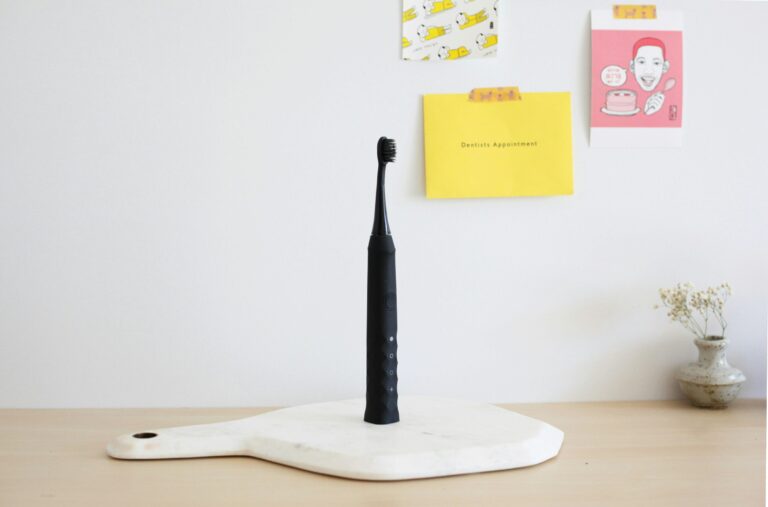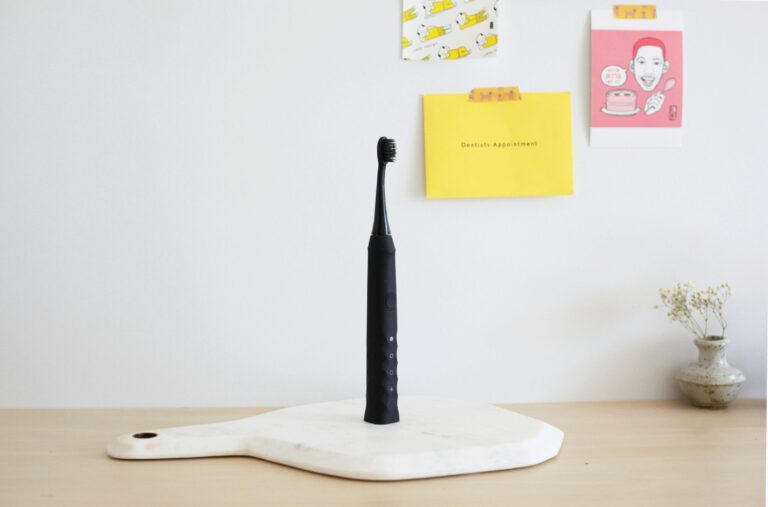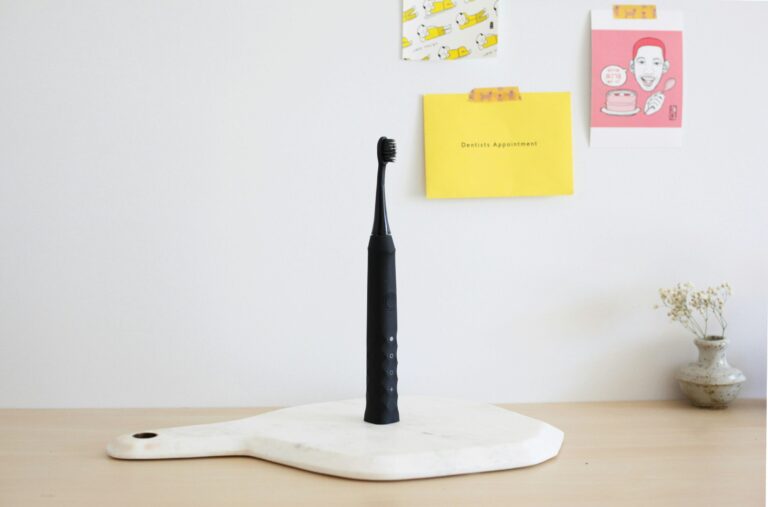Switching to natural toothpaste is a great way to avoid harsh chemicals and take control of your oral care. Making your own toothpaste at home allows you to customize ingredients for your specific needs while ensuring your smile stays bright and healthy. With a few natural, easily accessible ingredients, you can create effective and safe toothpaste that supports oral hygiene without compromise.
Why Consider DIY Natural Toothpaste?
Conventional toothpaste often contains ingredients like artificial flavors, triclosan, and sodium lauryl sulfate, which may cause irritation or other health concerns. DIY natural toothpaste gives you full control over what goes into your oral care routine. Plus, it’s eco-friendly, cost-effective, and easy to make.
Benefits of Natural Toothpaste
- Safe Ingredients: No harmful chemicals or synthetic additives.
- Customizable: Tailor the recipe to your preferences and needs.
- Eco-Friendly: Reduce plastic waste with reusable containers.
- Affordable: Make high-quality toothpaste at a fraction of the cost.
DIY Natural Toothpaste Recipes
1. Basic Baking Soda Toothpaste
This simple recipe is perfect for beginners and provides excellent cleaning power.
Ingredients:
- 2 tablespoons baking soda
- 1 tablespoon coconut oil
- 5-10 drops peppermint essential oil (optional)
Instructions:
- Mix the baking soda and coconut oil in a small bowl until it forms a paste.
- Add the peppermint essential oil for a refreshing flavor.
- Store in a small jar or container with a lid.
2. Whitening Charcoal Toothpaste
Activated charcoal helps remove stains and brighten your smile naturally.
Ingredients:
- 1 tablespoon activated charcoal powder
- 2 tablespoons coconut oil
- 1 teaspoon baking soda
- 5 drops tea tree essential oil (optional)
Instructions:
- Combine all ingredients in a bowl and mix thoroughly.
- Transfer the paste into a small container.
- Use sparingly, as charcoal can be abrasive.
3. Sensitive Teeth Toothpaste
This recipe soothes sensitive gums and teeth while promoting oral health.
Ingredients:
- 1 tablespoon bentonite clay
- 1 tablespoon coconut oil
- 1 teaspoon xylitol (natural sweetener)
- 5 drops clove essential oil
Instructions:
- Blend the bentonite clay and coconut oil into a smooth paste.
- Add the xylitol and clove essential oil, stirring well.
- Store in a clean, airtight container.
4. Remineralizing Toothpaste
This recipe replenishes essential minerals and strengthens enamel.
Ingredients:
- 2 tablespoons calcium carbonate powder
- 1 tablespoon coconut oil
- 1 teaspoon baking soda
- 5 drops peppermint or spearmint essential oil
Instructions:
- Mix the calcium carbonate powder and baking soda in a bowl.
- Add the coconut oil and essential oil, stirring until smooth.
- Store in a sealed container for up to two weeks.
Tips for Using DIY Toothpaste
- Use a clean, dry spoon to scoop the toothpaste to avoid contamination.
- Store your toothpaste in a cool, dry place.
- Always brush gently to protect your enamel.
Is DIY Natural Toothpaste Safe?
DIY toothpaste is generally safe if you use appropriate ingredients. However, avoid recipes with abrasive substances like too much baking soda or charcoal, which can damage enamel. Consult your dentist if you have specific oral health concerns before switching to homemade options.
Conclusion
DIY natural toothpaste is a simple and effective way to prioritize your oral health while avoiding unnecessary chemicals. With a few basic ingredients, you can create personalized recipes that support a healthy smile and contribute to a more sustainable lifestyle. Give one of these recipes a try and enjoy the benefits of natural oral care!
Frequently Asked Questions (FAQs)
1. How often should I use DIY toothpaste?
Use DIY toothpaste twice daily, just like store-bought toothpaste. Ensure you’re brushing properly for the best results.
2. Can children use homemade toothpaste?
Yes, but choose recipes without essential oils for young children, as these can be too strong for their sensitive systems.
3. How long does DIY toothpaste last?
Most DIY toothpaste lasts about 1-2 weeks when stored in a clean, airtight container. Always check for changes in texture or smell before use.
4. Are there risks with using baking soda or charcoal?
Baking soda and charcoal can be abrasive if overused. Limit their frequency and brush gently to avoid enamel damage.
5. Can I add fluoride to DIY toothpaste?
Fluoride is challenging to incorporate into DIY toothpaste safely. If fluoride is essential for your oral health, consider using fluoride mouthwash alongside your natural toothpaste.



